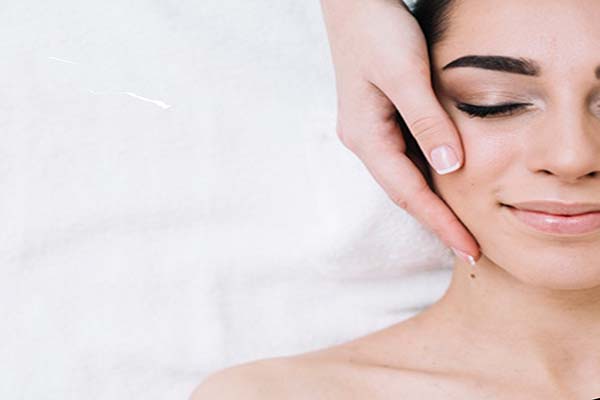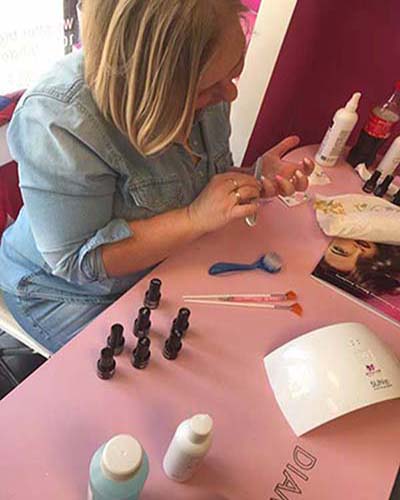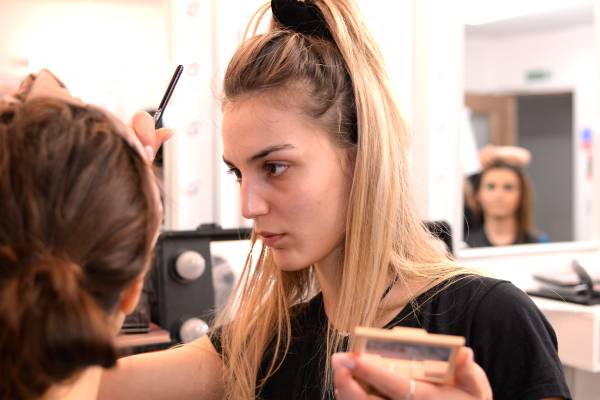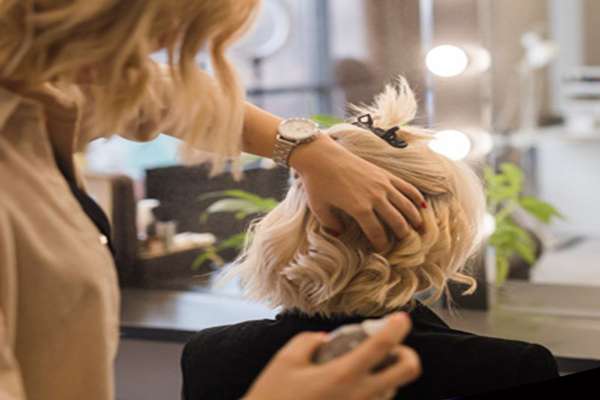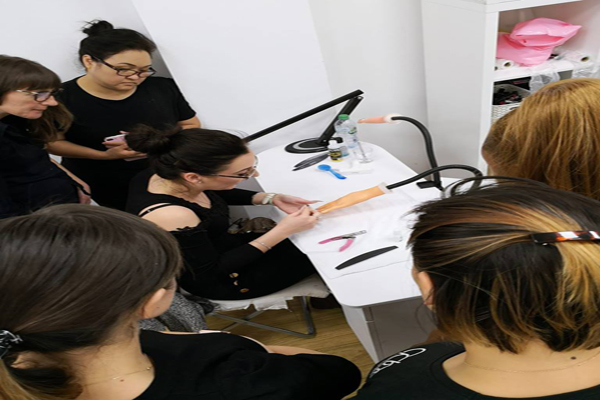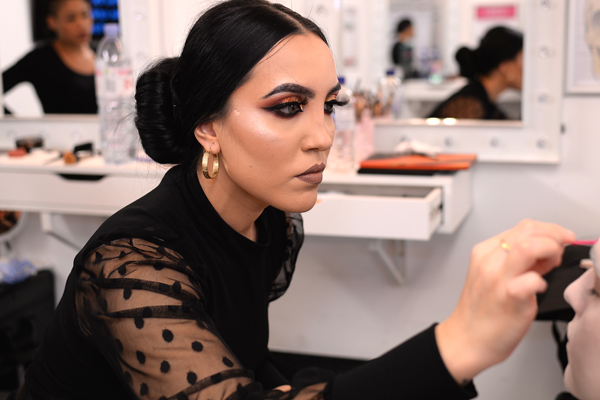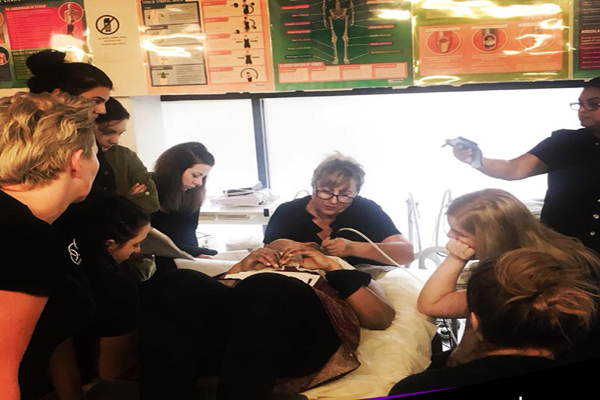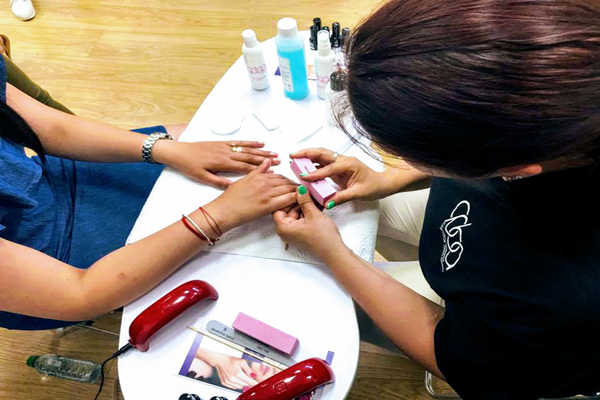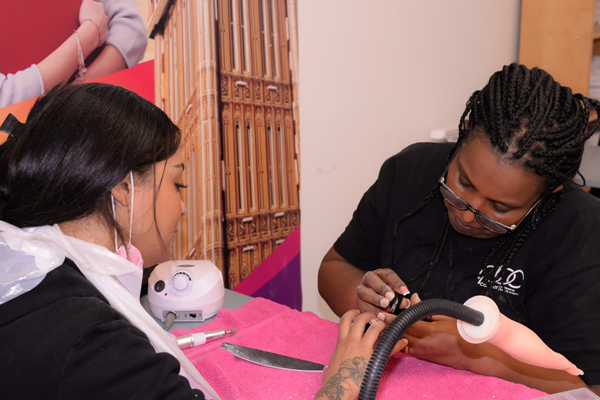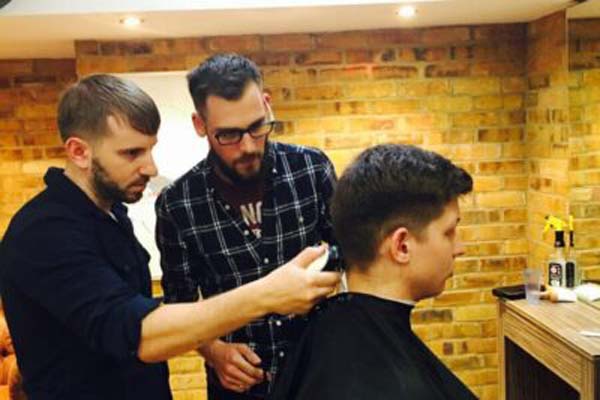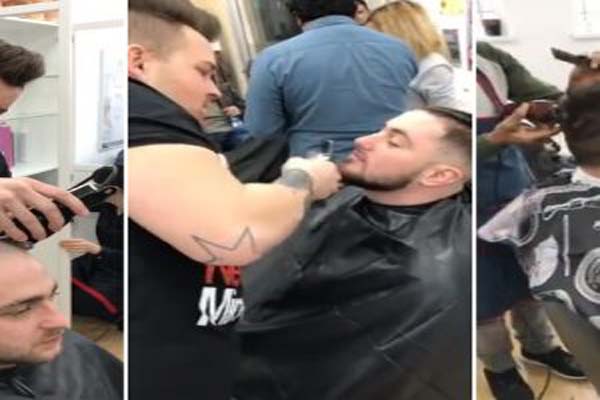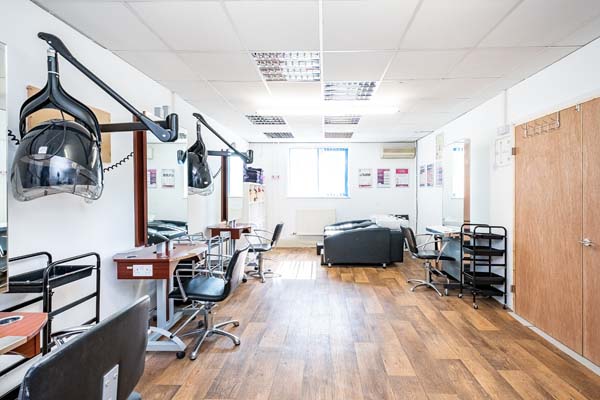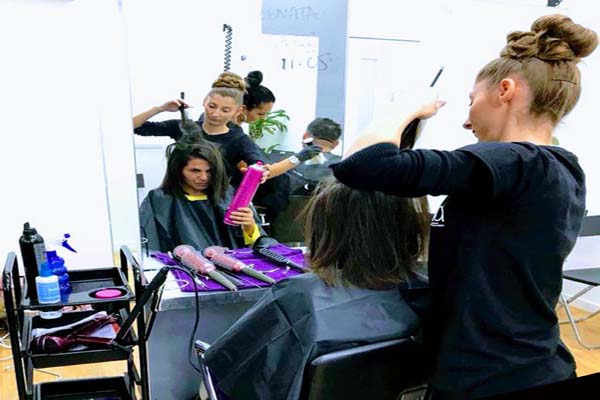The Beauty Industry in the UK is worth billions of pounds. If you are someone who takes a keen interest in making people look and feel their best, then you should not hesitate before choosing beauty as your career path. The beauty industry is many things and is not just restricted to makeup and stuff. As a beautician, your job will be to improve your client’s appearance through skincare, hair care, nail, massage, and other beauty techniques. It doesn’t mean you have to master all the techniques. There are dedicated services like hair colour, nail art, hair stylist, etc. that you can pursue.
Here are the top reasons why beauty is a good career choice.
- First things first, you get variety. Boring is not part of being a beauty therapist. You won’t be doing the same things over and over again. At one point you will be creating bespoke nail art for your client’s prom night, and the next moment you will be helping a bride design her makeup for the big day. The higher the skills you have, the more variety you can explore.
- You may not know but beauticians play a significant role in encouraging people to feel comfortable in their own skin. Your little words and some beauty tips can have a huge impact on their confidence.
- The best part about being a beauty therapist is that you can choose to work at a salon, spa, or health club, or start your own business. In both cases, you get to grow.
The beauty industry in the UK will continue to grow no matter the obstacles. You have the ‘job security’ if that’s what bugging you from making a decision.
CPBA offers free employment advice and guidance to their beauty therapy learners. We also offer free beauty therapy courses and funded level 3 beauty courses with work placements.
